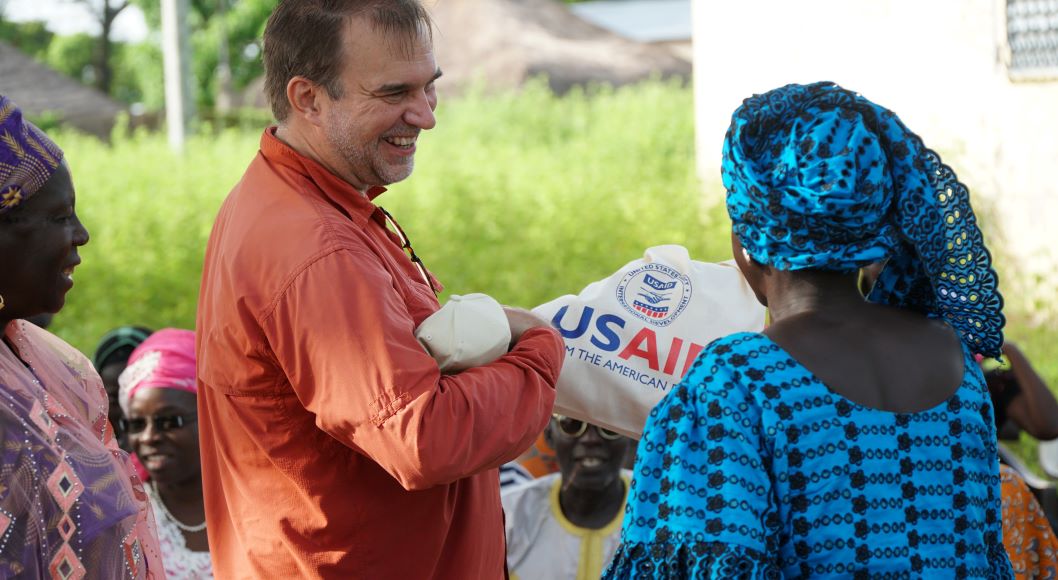USAID Advancing Nutrition helps countries around the world work across development sectors to address the multiple causes of malnutrition. JSI leads nine global nutrition partners in this effort. We support national, district and local governments to build resilient communities capable of improving nutrition for generations to come.
USAID Advancing Nutrition aims to strengthen the Agency’s global nutrition investments by assisting USAID Missions and partners working at local, regional, and national levels to improve nutritional status and health outcomes where the burden of malnutrition is highest. Our work targets the individuals most at risk of malnutrition, especially young children, their caregivers, and women of reproductive age. We do so by supporting country-led scale-up of effective, integrated, and sustainable nutrition programs, interventions, and food and health systems.
Our team of experts is building stronger linkages among service delivery, policy, research, and capacity building through comprehensive and integrated nutrition-specific and nutrition-sensitive interventions, systems strengthening, implementation research, private and civil society sector engagement, quality improvement, and risk management.
Our Goals
- Scale-up high-impact nutrition interventions and services
- Strengthen country commitment and capacity for multi-sectoral nutrition programming
- Generate evidence and facilitate learning and innovation for improved nutrition.
How We Work
We work across sectors to address the multiple causes of malnutrition, focusing on four primary technical areas:
- Strengthening nutrition outcomes within health systems
- Improving food security and nutrition of poor and vulnerable populations, including those in humanitarian and fragile contexts
- Bolstering food systems to make nutritious, diverse diets more available, affordable, and safe throughout the year
- Supporting early childhood development within nutrition services.
These four technical areas of work are underpinned by the three cross-cutting areas: monitoring, evaluation, and learning; social and behavior change; and knowledge management.





